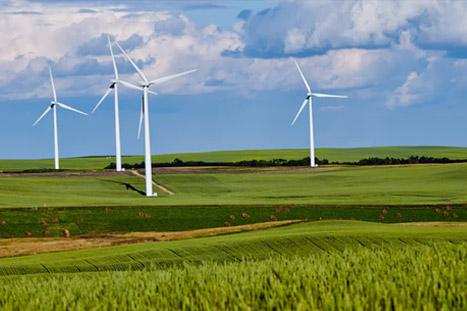UK is developing World’s largest liquid air battery


Environmentalists have since long now been apprehensive of the dwindling non-renewable sources of energy. It is hence no surprise that renewable sources of energy have seen a marked increase in their implementation. Now, the new challenge is the storage of these renewable sources.
In answer to this challenge, UK-based companies Highview Power and Carlton Power, have recently secured a government grant of £10m to construct the world’s largest ‘liquid-air’ battery storage facility for renewable energy. Known as the CRYO Battery Initiative is slated to start its operations by 2022 and is being set up adjacent to the Trafford Energy Park from where it will take excess renewable energy and store the same. The initiative would thus employ the existing substation and transmission substructure.
This initiative involves the use of leftover green energy (during low grid demand in the Energy Park) to compress air into a liquid form for the storage of energy for weeks. Similarly, when the grid demand increases, the liquid air is released back as gas for use as a fuel for the green-energy turbine system. The energy thus generated is capable of powering approximately 200,000 homes for an entire day. Besides, the liquid air also enables better storage capacity and extended storage time, thus costing 50% lesser than what it takes to produce lithium-ion batteries. The developers of this initiative are projecting a joint liquid air capacity of about 1GW.
The 50MW facility will store a minimum of 250MWh of energy, which is almost twofold the amount the Tesla-manufactured largest chemical batterydoes. The facility is set up on a ‘zero-emission’ concept and is expected to create as many as 200 fresh jobs in the construction and oil and gas engineering sectors.The facility is expected to have a lifespan of about 30-40 years.
The technology is being built for scalability and the developers project similar launches in multiple locations in UK, Europe and the USA once the Manchester project gets online.
The project targets to deliver 100% clean, carbon-free energy.
.jpg)